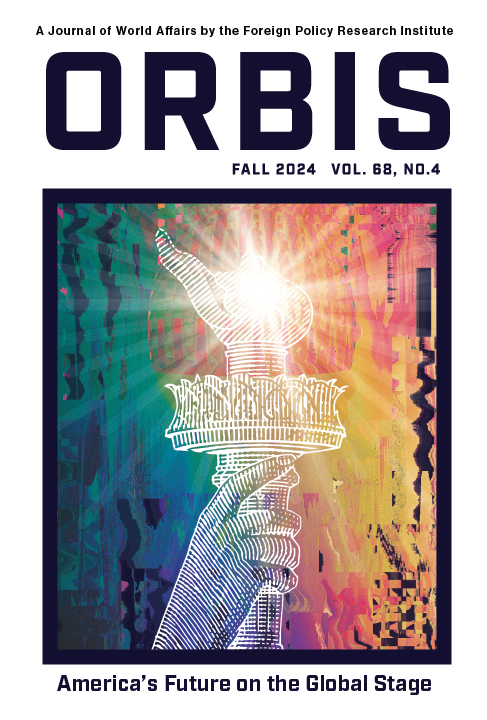A nation must think before it acts.
Guest Editor’s Corner
While we in the West, and in the United States in particular, view the global order as something that has promoted reconstruction, global prosperity, and stability for over 75 years, it seems clear that China and Russia (and likely others) are actively pushing back on this vision. Beijing and Moscow characterize it as US-led and disproportionately favoring us—a narrative they are actively promulgating throughout the Global South.
It also seems challenged generationally. The younger generations even in the West are so far removed from the horrors of World War II (even their grandparents were of the postwar generation) that they take the order they grew up in for granted—a world characterized by the lack of great power war, and the benefits of a globalized supply chain. And so, they feel that they can focus on “disrupting” things. What kind of world do they want?
How realistic is it to think we can sustain the current order, given the critics and challenges and the fact that it has been underwritten by American economic and military power, both of which are demonstrating increasing limitations structurally and politically? US domestic politics also demonstrate leadership fatigue and growing isolationism and “America First” mentalities.
What are the alternative visions? What might be adjustments to the existing order that all could live with?
Finding answers to these questions are what the authors in this issue are endeavoring to do.
Rachel George takes us to the fundamental question: how are we educating citizens (and aspiring policymakers) to think about grand strategy and national security? Mary Thompson-Jones, in reviewing Stuart Eizenstat’s new book, The Art of Diplomacy, indicates some of the lessons that can be learned.
Robert Kaplan, Andrew Michta, Derek Reveron, and Nikolas Gvosdev all tackle the vexing conundrum of what America’s role in the world ought to be, what type of international order the United States would prefer to sustain, and how this connects, especially in a presidential election year, with the policies the citizenry believe may best ensure their peace and prosperity. How far should America’s reach go, and what are the optimal tools of statecraft that ought to be deployed? Finally, given the importance of values for US grand strategy, Taehwa Hong asks us to consider the perils of a national security policy conducted primarily through an ideological lens.
That latter question moves us from the “why” to the “how”—how can the United States influence global developments and what sort of national security structure does it need? John Mauk and Michael Wise tackle some of the nuts-and-bolts issues—from how we set up our decision-making processes to how we more effectively deliver security assistance to friends and partners. With recent issues of Orbis calling attention to the emergence of cyberspace as a domain no less important than any geographic area for US national security, Thomas Lynch examines how great power competition is conducted in a digital realm. Yet the geopolitical and geo-economic realms do not lose salience even in the twenty-first century. Anna Batta looks at the emerging dynamics of the Russia-Ukraine conflict for world affairs, while Nasir Mehmood and Julian Spencer-Churchill use the lens of the US-Pakistan relationship to explore how America is dealing with the shift of the global balance of power towards the Indo-Pacific basin and how ties with both India and China will be affected.




